Marek Grzybowski (5) questions to Sidsel Norvik, Director, Nor-Shipping, An exclusive interview to Baltic Journalist Maritime Club of the Baltic Sea & Space Cluster (BSSC)
The aftermaths of COVID and the attack on Ukraine has created huge waves of uncertainty and instability all over the world and anyone operating internationally is affected by geopolitical upheavals and the years ahead will focus on zero emissions and climate neutrality. The maritime business is indeed very complex, dynamic and fast evolving, which in turn makes an arena like Nor-Shipping very important. Nor-Shipping is a world leading arena, where cutting edge Norwegian and international companies showcase the innovations that deliver competitive advantage for their customers. Nor-Shipping’s partnership with WISTA is a key contributor in our effort to raise awareness of the challenges and the many great opportunities for women in shipping. Ocean Campus is an important part of the Nor-Shipping. It is a dedicated island of exhibition booths showcasing some of the world’s leading maritime universities and colleges. Leading Ocean Campus Partner is the World Maritime University (WMU).
Marek Grzybowski: Maritime business today is shipping, ports and logistics, oil and gas production, offshore wind farms, fish and seafood production, it is sea tourism and exploration, it is science and education, it is a large area of creating innovation, it is a specific community of people, business and people who love the oceans, they are partners in business, science and environmental protection. Can you briefly characterize the Nor-Shipping event?
Sidsel Norvik, Director, Nor-Shipping: Nor-Shipping is a world leading arena, where cutting edge Norwegian and international companies showcase the innovations that deliver competitive advantage for their customers. It is the place where the maritime, tech, finance and wider business segments cross paths to learn from one another, forge partnerships, and access new economic value creation.
The 22,000 m2 exhibition space is the beating heart of the week’s activity. This is where delegates and visitors can experience the products, services and companies that will help drive a new age of ocean industry development. Spiced with a lot of topical conferences and a dynamic after work festival, Nor-Shipping provide an invaluable combination of insight, business opportunities and social networking.
Marek Grzybowski: The maritime business is extremely complex, currently developing in close connection with IT, AI, space technologies, VR and IoT. What is the concept of presenting the business sector, science and companies just entering the maritime business in exhibition halls?
Sidsel Norvik, Director, Nor-Shipping: The maritime business is indeed very complex, dynamic and fast evolving, which in turn makes an arena like Nor-Shipping very important. Just by walking the isles, you get to experience the latest innovation and technology from a wide range of maritime segments and countries – all in one place.
You can also attend the Blue Talks, Technical seminars and the Offshore Aquaculture conference for free and you can upgrade your ticket with a small fee to join the 2nd Maritime Hydrogen Conference, the 1st Offshore Wind Conference, the 4th Int. Ship Autonomy and Sustainability Summit and a lot more. The program is vast and easily available to plan your participation.
Marek Grzybowski: Nor-Shipping is an opportunity to present the latest achievements in science and technology. However, the context in which the maritime economy functions cannot be avoided. Russia’s attack on Ukraine clearly affected the conditions for the functioning of the maritime economy. Nor-Shipping has confirmed that Joseph E. Stiglitz, the renowned Nobel laureate in Economics and former Chief Economist at the World Bank, will be a keynote speaker at this year’s Ocean Leadership Conference, taking place in Lillestrøm, Norway, 6 June. The war on land caused significant changes in the operation of maritime business. Do you expect this topic to come up during the 2023 Nor-Shipping Ocean Leadership Conference?
Sidsel Norvik, Director, Nor-Shipping: The aftermaths of COVID and the attack on Ukraine has created huge waves of uncertainty and instability all over the world and anyone operating internationally is affected by geopolitical upheavals and the years ahead will focus on zero emissions and climate neutrality. All in all a challenging landscape to navigate in. This year’s Ocean Leadership Conference will bring together high-profile international leaders, from the ocean industries and beyond, to ask how we can move forward towards collective goals, and individual business ambitions.
Together we will assess if partnerships between maritime players, energy suppliers, financial institutions, authorities and other central stakeholders holds the key to unlocking the energy transition and decarbonisation of shipping. The future will not be defined by individual companies, or isolated breakthroughs, but rather by how we move together for a profitable tomorrow.
Marek Grzybowski: The role of women in the maritime business is growing. WISTA Norway is a partner of Nor-Shipping. WISTA Norway launched ‘40 by 30’ Pledge to allow the maritime company to show that the company actively commit to promoting diversity in the maritime industry. Do you anticipate special businesswoman activity during meetings in 2023?
Sidsel Norvik, Director, Nor-Shipping: To improve conditions for women in shipping and increase number of women across the maritime industry is important. Nor-Shipping’s partnership with WISTA is a key contributor in our effort to raise awareness of the challenges and the many great opportunities for women in shipping.
Nor-Shipping has of course also signed the “40 by 30” pledge and urge others to follow. WISTA Norway is 35 years this year and will celebrate with a Leadership Award ceremony. They will also present “10 women to watch” together with YoungShip and execute their “Waves of change” program, which will be a series of topical session at the Blue Talk stage in Hall E.
Marek Grzybowski: Nor-Shipping launches Ocean Campus in partnership with World Maritime University. This is a new initiative. What is the mission of this event? What other events important for the maritime business will accompany Nor-Shipping 2023?
Sidsel Norvik, Director, Nor-Shipping: Ocean Campus is a dedicated island of exhibition booths showcasing some of the world’s leading maritime universities and colleges. Leading Ocean Campus Partner is the World Maritime University (WMU) and other Campus members include the Norwegian University of Science and Technology (NTNU), BI Norwegian Business School, UiT The University of the Arctic (UArctic), MLA College, Oslo MET, Alba Graduate Business School and SINTEF Ocean.
These universities and colleges represent a solid geographical spread and a wide range of maritime industry competency. Together they will form an Ocean Campus Committee of industry experts to tailor an exciting program for the main Ocean Campus day on Friday 9 June. The mission is to demonstrate how academia is adjusting to the maritime transition and what maritime career opportunities are in store for the next generation. We will stream this event to allow students and next generation shipping employees to get access from wherever they might be.
Marek Grzybowski: Thank you for your answers
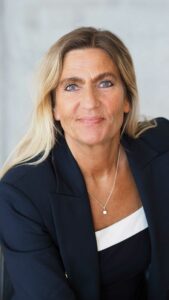
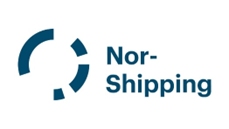
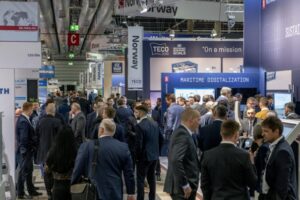
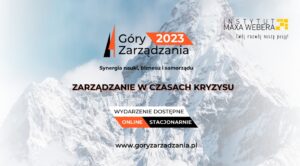
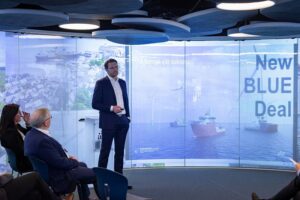
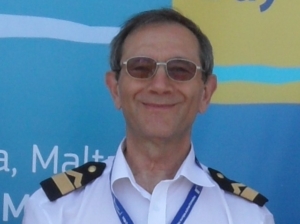
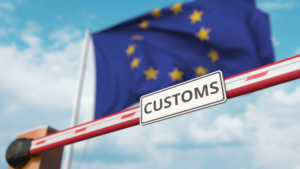
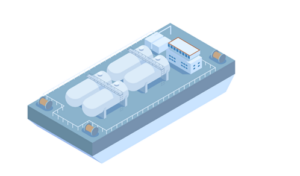
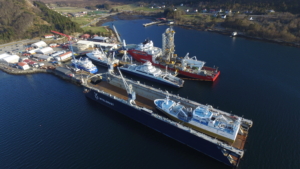
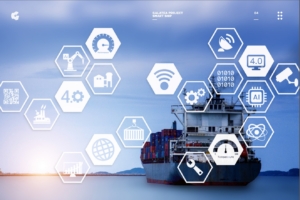
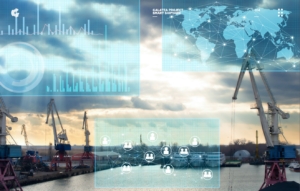
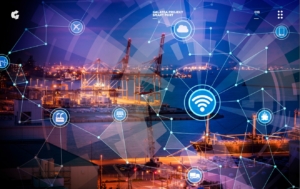
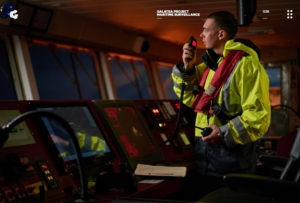
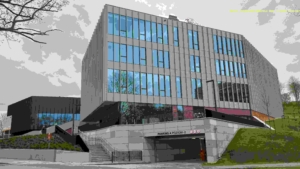
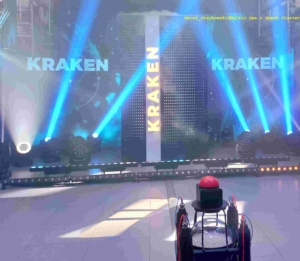
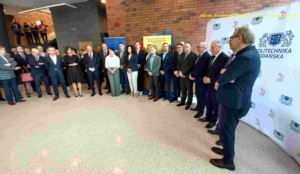
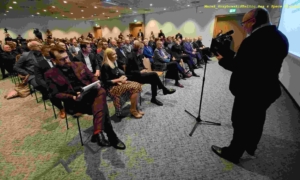
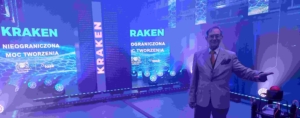 By Marek Grzybowski
By Marek Grzybowski